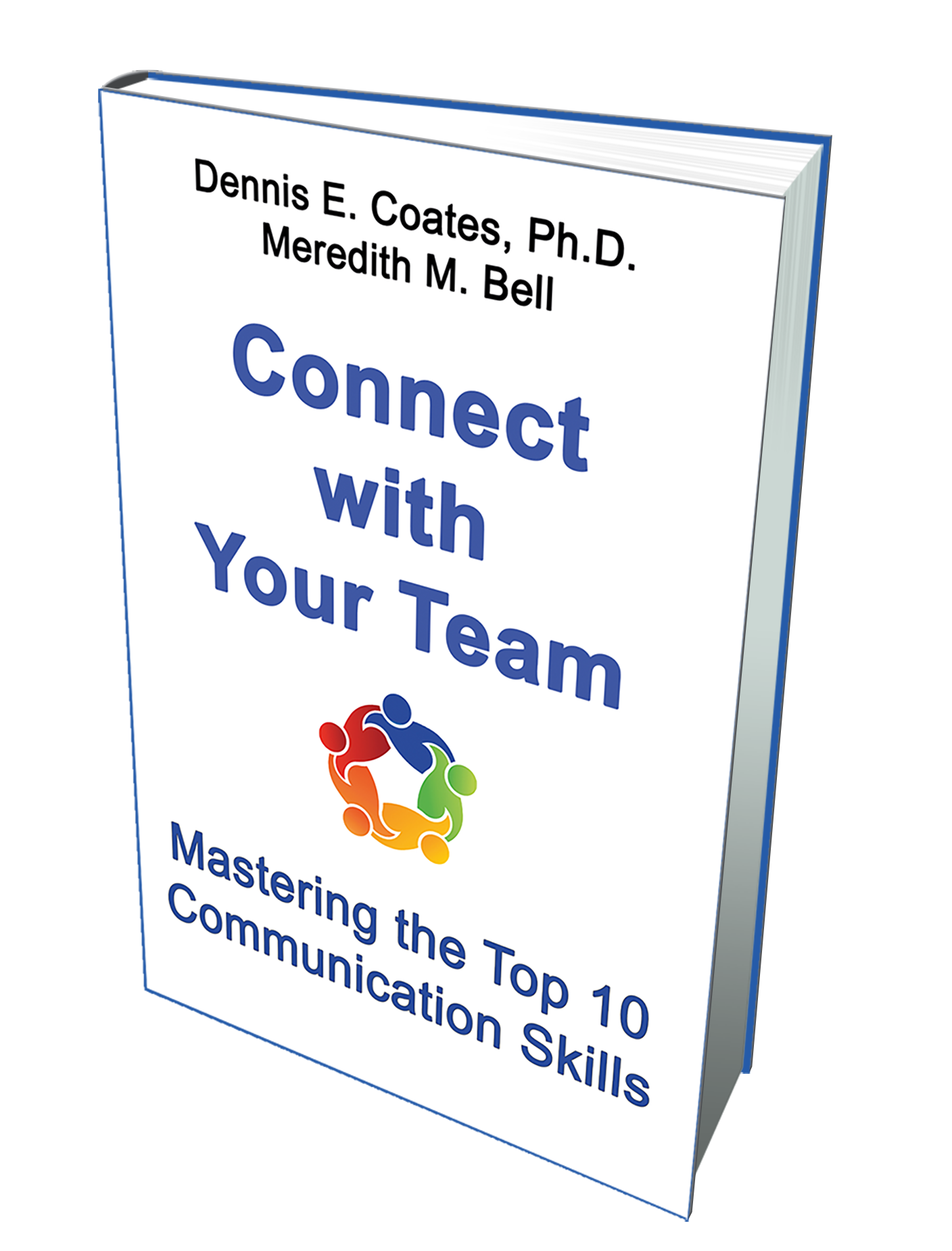10 TIPS FOR YOUR BEST LISTENING
By Dr. Denny CoatesWhen interacting with people, there will be plenty of opportunities to share thoughts and experiences. It’s important, though, to recognize when you need to use listening skills instead—to understand what someone is trying to tell you. Here are some tips:
- Be alert for listening moments. It’s hard to listen well when you miss the opportunity to listen. The time to listen is when someone is trying to tell you something.
- Engage “the listening mindset.” Effective listening is empowered by your attitude about listening. Remember: When someone is trying to tell you something, it may be something you really need to hear.
- Exercise listening with other communication skills. Listening is powerful not only because of how it affects other people, but because you can use it with other skills, such as giving feedback, receiving feedback, resolving conflict, and others.
- Listen instead of indulging in conversation. Listening does involve some speaking; but there’s a huge difference between listening and conversing. Conversation is a great way to connect with people, but when you have a listening moment, resist the temptation to indulge in offering your own stories and opinions. There’s a time to enjoy conversation, and there’s a time when you should simply focus on listening to understand.
- Don’t interrupt. While listening, you may feel like offering your own thoughts and experiences. But it’s a mistake to interrupt. Doing so sends the message that what you have to say is more important than what the other person has to say. Think of interrupting as a form of rudeness; people resent being interrupted. Instead, engage your best listening skills.
- Avoid reacting emotionally. While this may be a natural response when you hear something that bothers you, reacting emotionally is likely to block further communication. When you feel your emotions rising, quietly take a few breaths to calm down before saying anything. Then engage your listening skills.
- Refrain from offering advice or solutions. Instead, ask questions that get the other person to think. Then follow this up with listening to understand what the person has to say.

- Keep an open mind. When listening, you may hear things you don’t like or agree with. You’ll be tempted to offer your own opinions or engage in debate. It’s more profitable to hear a person out. You’ll discover what’s going on in their mind, and you might learn something.
- Be patient with difficult speakers. Not everyone speaks in well-organized essays. The speaker may be upset or unsure about what they’re trying to say. Your task is to be patient and use your listening skills to get clarity about what they’re trying to express.
- Learn from listening experiences. Listening is a power skill that you can never stop improving. And improvement only comes with practice. The idea is to reflect on your experiences, no matter what happens, so you can learn lessons that make you more effective.
From time to time review basic listening skills, which are described in Chapter 4 of the book Connect with Your Team.
Connect with Your Team
Dennis E. Coates, Ph.D.,
and Meredith M. Bell
and Meredith M. Bell
Connect with Your Team is your how-to guide for working on leader-team communication skills and is a key resource in the leader development system, Grow Strong Leaders.
Related Posts

